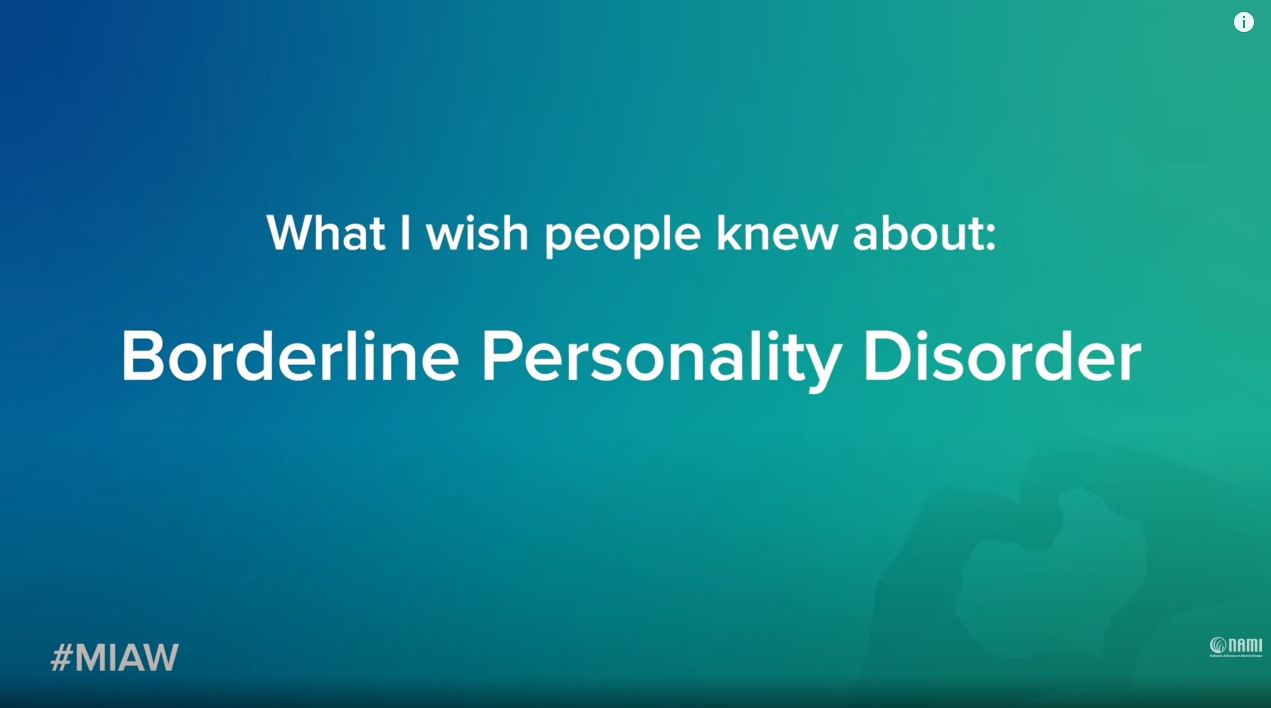April is Sexual Assault Awareness Month, and it’s essential to recognize the impact that sexual violence has on survivors and their communities. At the Pennsylvania Psychiatric Institute (PPI), a Penn State Health Enterprise owned by Penn State Health, we understand that healing from sexual assault is a complex and deeply personal process. To support survivors in Central Pennsylvania, we’ve compiled a list of local resources that can provide help and guidance during these difficult times.

Domestic Violence Services of Cumberland & Perry Counties (DVSCP)
DSSCP.org
Crisis Line: 800-852-2102
Domestic Violence Services of Cumberland & Perry Counties (DVSCP) is committed to providing comprehensive support services for survivors of domestic violence and sexual assault. Their offerings include a 24-hour crisis hotline, emergency shelter, counseling, support groups and legal advocacy. DVSCP strives to empower survivors while raising awareness about the prevalence of domestic violence and sexual assault within the community. If you or someone you know is seeking help and support after a sexual assault, DVSCP is a valuable resource that can provide assistance during the healing process.
National Sexual Violence Resource Center (NSVRC)
NSVRC.org
The National Sexual Violence Resource Center (NSVRC) is a key organization offering support to individuals affected by sexual assault. As a comprehensive information and resource hub, NSVRC aims to provide guidance and promote understanding about sexual violence and its prevention. Through collaboration with local, state and national partners, the organization disseminates valuable resources, raises public awareness and supports survivors on their healing journey. If you or someone you know is seeking assistance after a sexual assault, NSVRC can help connect you with the resources and support you need.
Pennsylvania Coalition Against Rape (PCAR)
PCAR.org
Crisis Line: 888-772-7227
Founded in 1975, the Pennsylvania Coalition Against Rape (PCAR) is dedicated to ending sexual violence and advocating for victims’ rights. By partnering with a network of rape crisis programs, PCAR provides help and healing across Pennsylvania. The organization ensures access to quality victim services, prevention education, resources and training on sexual assault-related issues. PCAR promotes protective public policies, holds offenders accountable and enhances community safety. Additionally, they offer holistic legal services through the Sexual Violence Legal Assistance Project and work with the media to raise public awareness.
Rape, Abuse & Incest National Network (RAINN)
RAINN.org
Crisis Line: 800-656-4673
The Rape, Abuse & Incest National Network (RAINN) is a valuable resource for individuals seeking support after experiencing sexual assault. As the nation’s largest anti-sexual violence organization, RAINN operates the National Sexual Assault Hotline that provides confidential, 24/7 support for survivors. By connecting callers with a local sexual assault service provider, RAINN ensures that individuals in need receive crucial assistance during their healing process.
Sexual Assault Resource and Counseling Center Lebanon
SARCCHeals.org
Crisis Line: 570-628-2965 (Schuylkill County) or 717-272-5408 (Lebanon County)
The Sexual Assault Resource and Counseling Center (SARCC) is dedicated to providing a safe, confidential space for individuals in need of support after experiencing sexual assault. Offering a range of services, including a 24-hour crisis hotline, individual and group counseling and medical and legal advocacy, SARCC aims to help survivors navigate the healing process. Their compassionate staff is committed to working alongside survivors, ensuring they receive the care and support needed during their journey toward healing. If you or someone you know is seeking assistance, reach out to SARCC to access their valuable resources and guidance.
YWCA Carlisle & Cumberland County
YWCACarlisle.org
Crisis Line: 888-727-2877
YWCA Carlisle & Cumberland County provides support to individuals affected by sexual assault in their community. Offering a range of services, such as a 24-hour crisis hotline, counseling, support groups and medical and legal advocacy, YWCA Carlisle & Cumberland County is committed to assisting survivors in their healing process. Their compassionate staff works tirelessly to empower and guide survivors, ensuring they receive the care and support needed.
YWCA Greater Harrisburg
YWCAHBG.org
Crisis Line: 800-654-1211
The YWCA Greater Harrisburg’s Violence Intervention and Prevention Programs (VIP) offer comprehensive crisis and counseling services to victims of domestic violence, sexual assault and human trafficking, as well as their non-offending family members. These services, available to individuals of all ages and genders, include a 24-hour crisis hotline, individual and group counseling, medical and court accompaniments, and are provided free and confidentially. The YWCA also offers prevention education services, with staff delivering free age-appropriate workshops in various settings, covering topics such as dating violence, date rape, sexual harassment and personal safety. Additionally, they provide support groups for survivors and their loved ones.
YWCA Lancaster
YWCALancaster.org
Crisis Line: 717-392-7273
YWCA Lancaster is committed to providing essential support to individuals seeking help after experiencing sexual assault. Their services include a 24-hour crisis hotline, counseling, support groups and medical and legal advocacy designed to assist survivors during their healing process. YWCA Lancaster’s dedicated staff is focused on empowering survivors and offering the care and guidance needed on the path to recovery.

At PPI, we are committed to supporting survivors of sexual assault and helping them navigate the healing process. We hope these resources can guide and support those in need during Sexual Assault Awareness Month and beyond. Remember, healing is a journey; you don’t have to face it alone.
For more information on our services, visit PPImhs.org or call 866-746-2496, available 24 hours a day, seven days a week to schedule an appointment.











 The holidays can be a time for merriment and joyous occasions, but for some it can bring stress, sadness and even depression. Pennsylvania Psychiatric Institute’s (PPI) Licensed Counselor and Unit Therapist, Nikki Fogle, educates us on the “Holiday Blues” and provides advice on how to work through it.
The holidays can be a time for merriment and joyous occasions, but for some it can bring stress, sadness and even depression. Pennsylvania Psychiatric Institute’s (PPI) Licensed Counselor and Unit Therapist, Nikki Fogle, educates us on the “Holiday Blues” and provides advice on how to work through it.



